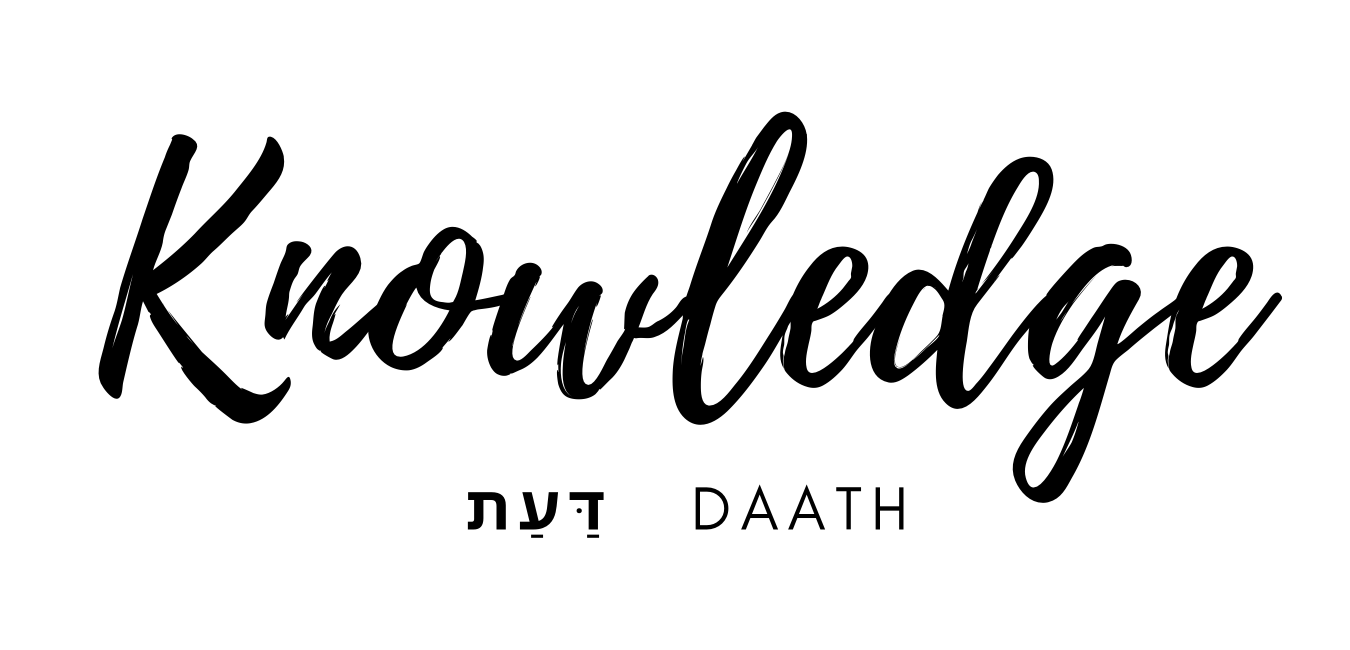
Genesis chapter two has a different focus than chapter one. It focuses on the creation of human beings and the perfect environment for them. The relationship between God and people is one of friendship and trust.
V4-7
The Lord God made the earth (v4)
This account feels more personal than the previous chapter.

Genesis chapter one refers to God by the title God (אֱלֹהִ֗ים – ’ĕ·lō·hîm). This title is applied to the Hebrew God but also other gods. In this chapter, God is referred to as the Lord God (יְהוָ֥ה – Yah·weh, אֱלֹהִ֖ים – ’ĕ·lō·hîm) which is his specific and personal name.
This creation account is about God’s relationship to humans in particular. First, Genesis introduces God as great and then as a friend.
God breathed into his nostrils the breath of life (v7)
God breathed into man, and he came alive. Job 33:4 says the Spirit of God made me; His breath gave me life. The Spirit of God is creative and life-giving. In the beginning, God breathed into the dust and brought a man to life. Romans 8:11 says that the Holy Spirit who raised Christ from the dead will also give life to our mortal bodies.
V8-9
God planted a garden in the east, in Eden (v8)
God provided a food source for humans. God’s original plan was that man should copy what he had built in Eden and extend it out over the earth. We were called to reproduce God’s vision for the world.
As Christians, Jesus is our pattern. We are called to copy his example and take his message out into the world.
God planted the tree of life and the tree of the knowledge of good and evil (v9)
Where do dinosaurs fit into Genesis? Genesis doesn’t say how long Adam and Eve lived in the garden of Eden. We tend to assume that it was a short time because Cain wasn’t born until after the fall, but Adam and Eve may have been there for millions of years. We assume that Adam and Eve would have had sex and given birth to children straight away, but they had all the time in the world. The tree of life made them immortal — plenty of time for the dinosaurs to come and go in the world outside Eden.
V10-15
God put Adam in the Garden of Eden to work it and take care of it (v15)
The division continues to take place, separating the rivers, which also divide the land. Then God creates a garden. It is the perfect environment where humans can work. At the beginning of creation, work was a joyful and fulfilling activity that was neither stressful nor boring.
V15-17
You must not eat from the tree of the knowledge of good and evil (v17)

The Hebrew word used here for knowledge is הַדַּ֖עַת [had·da·‘aṯ] from the word דַּעַת [daath] which means: knowledge, perception, skill, discernment, understanding, wisdom.
There are some privileges and responsibilities that are reserved for God alone. Only he had the right to divide good from the bad. God knew that man could not handle such power. The root of sin is to think we know better than God.
V18-20
It is not good to be alone (v18)

The Hebrew word for alone here is לְבַדּ֑וֹ [lə·ḇad·dōw] which is from the word בּד [bad] meaning: in a state of separation, apart, alone, by itself.
You were never made to be self-sufficient. God said, “it is not good for man to be alone.” You don’t have to do everything yourself. Don’t take on that burden. There is safety in being accountable to someone. God’s plan is for us to live in a community.
God brought the animals to the man to see what he would name them (v19)
The Lord God gave up his right to name the creatures that he had made. He gave that special privilege to Adam. Considering how much God loved his creation, this was an amazing gift.
No suitable helper was found for Adam among the animals (v20)
God created food for Adam that was suitable for him to eat. God also looked for a helper who was suitable for him. This shows that God creates not only for his own pleasure but for ours. As creative people, we should seek to make things that are not only good for ourselves but also suitable for others.
V21-25
They will become one flesh (v24)
God separates humans into male and female but then allows them to become one again in marriage. In this first perfect human community, people are allowed to be individuals but still have unity and harmony. God created us to have both separate identities and to be perfectly united without shame. In his original perfect world, we did not have to hide from one another.